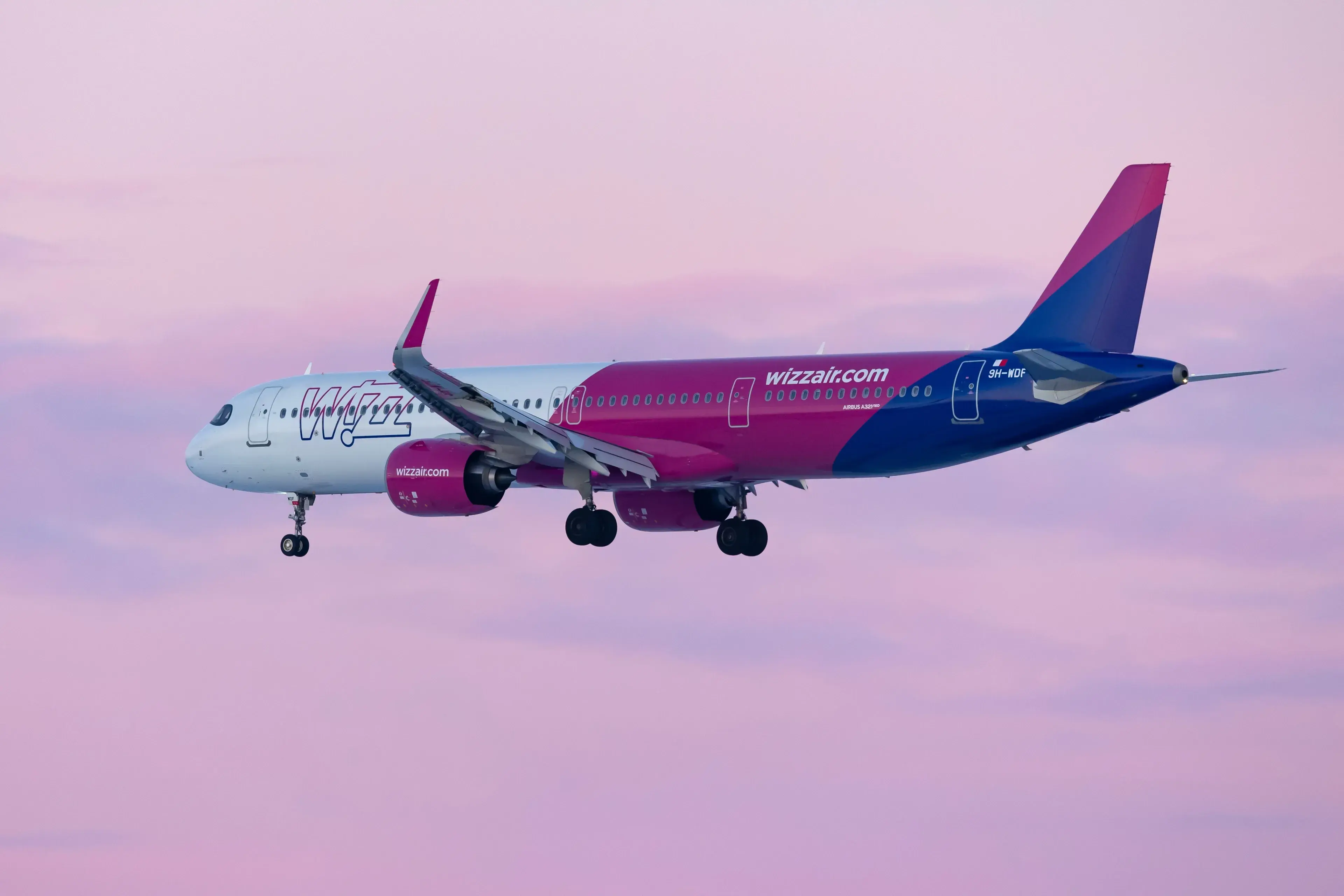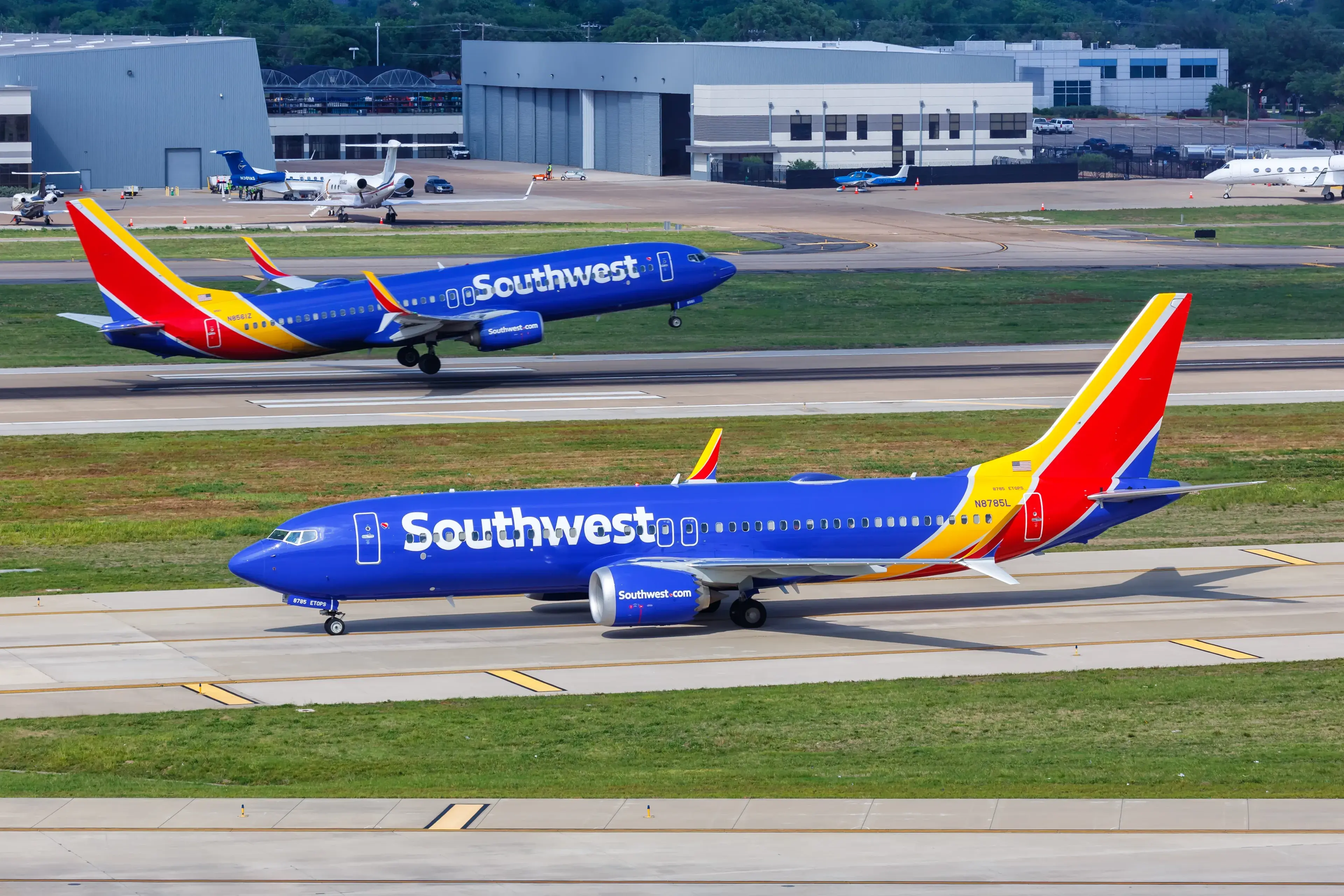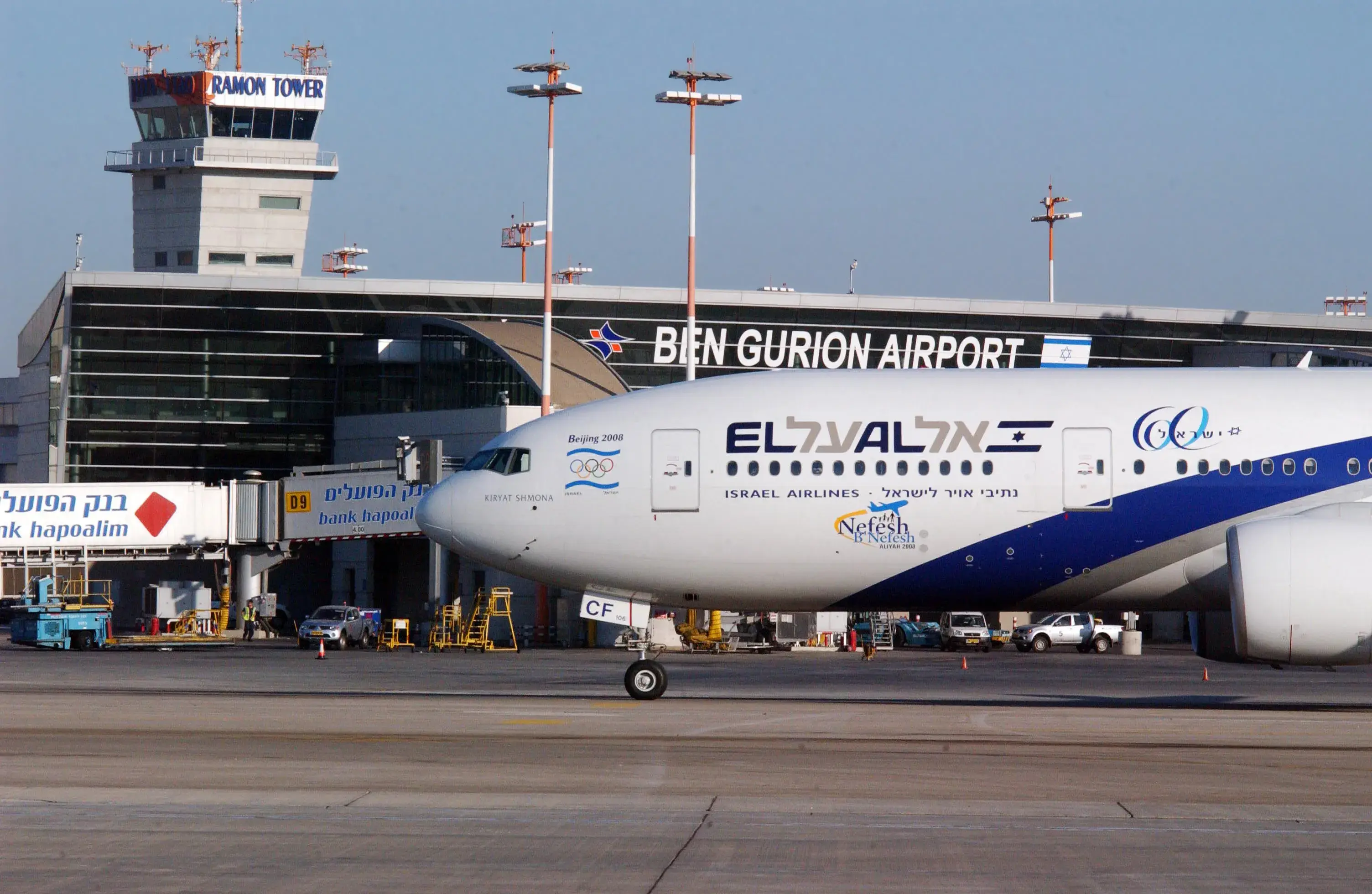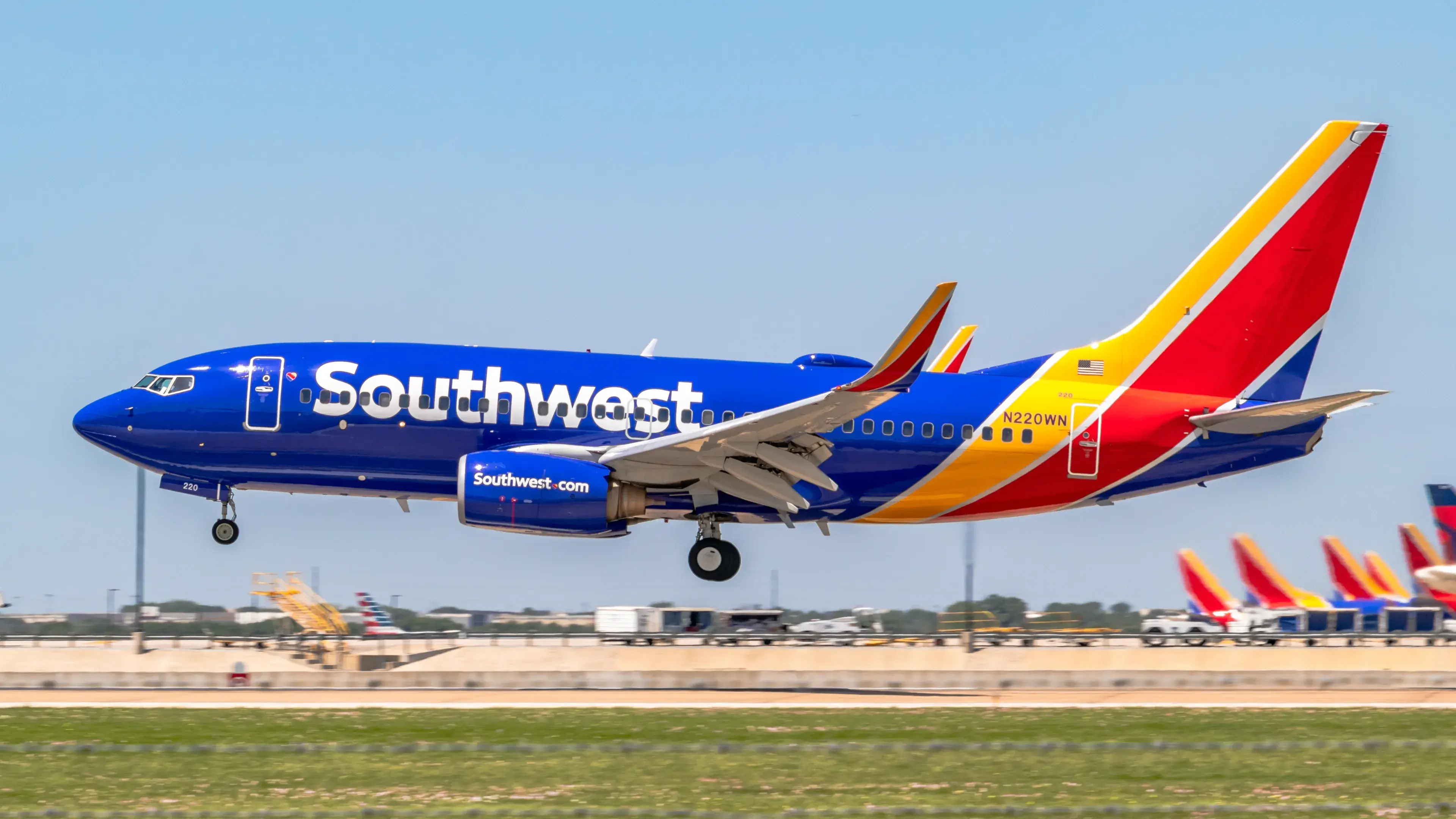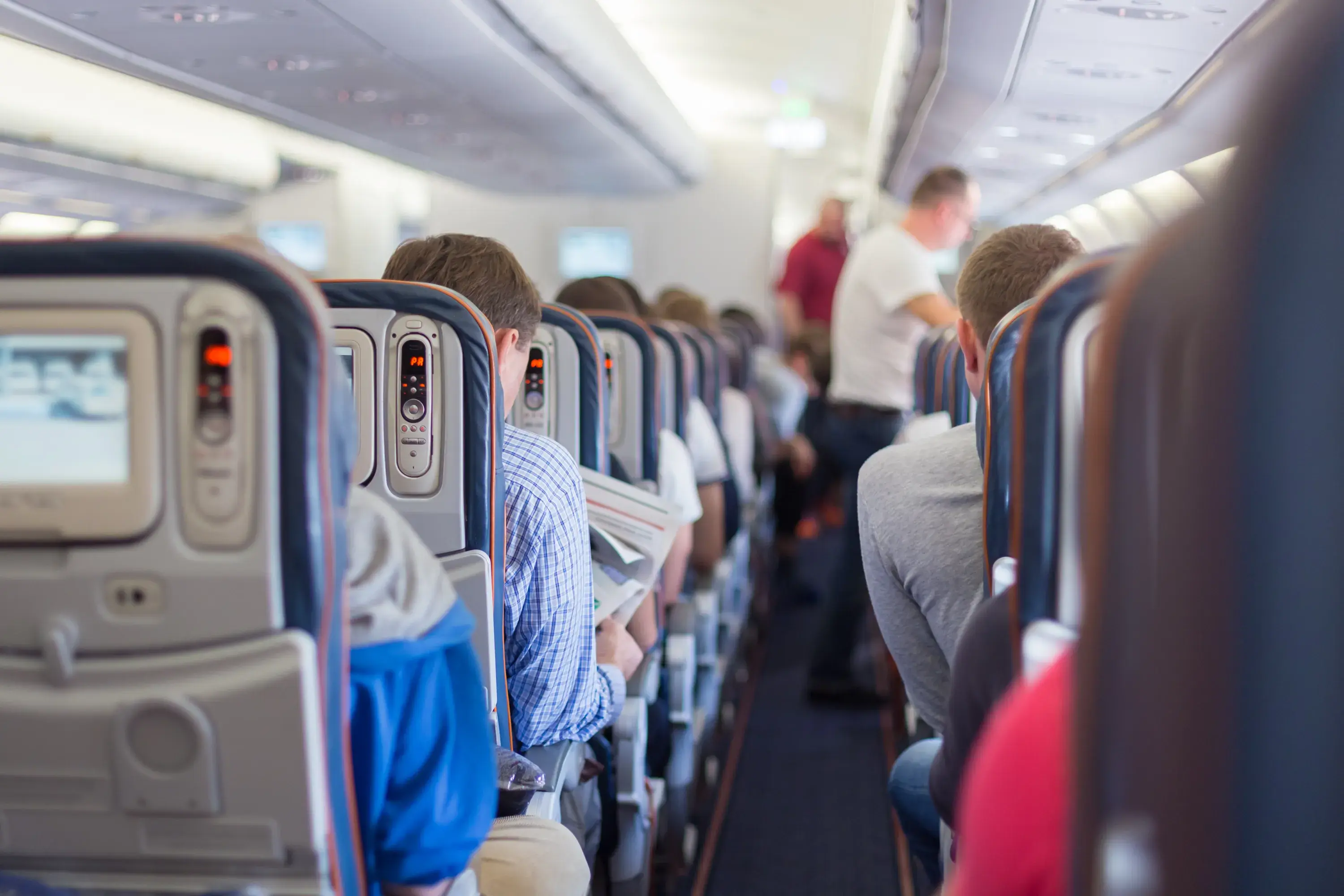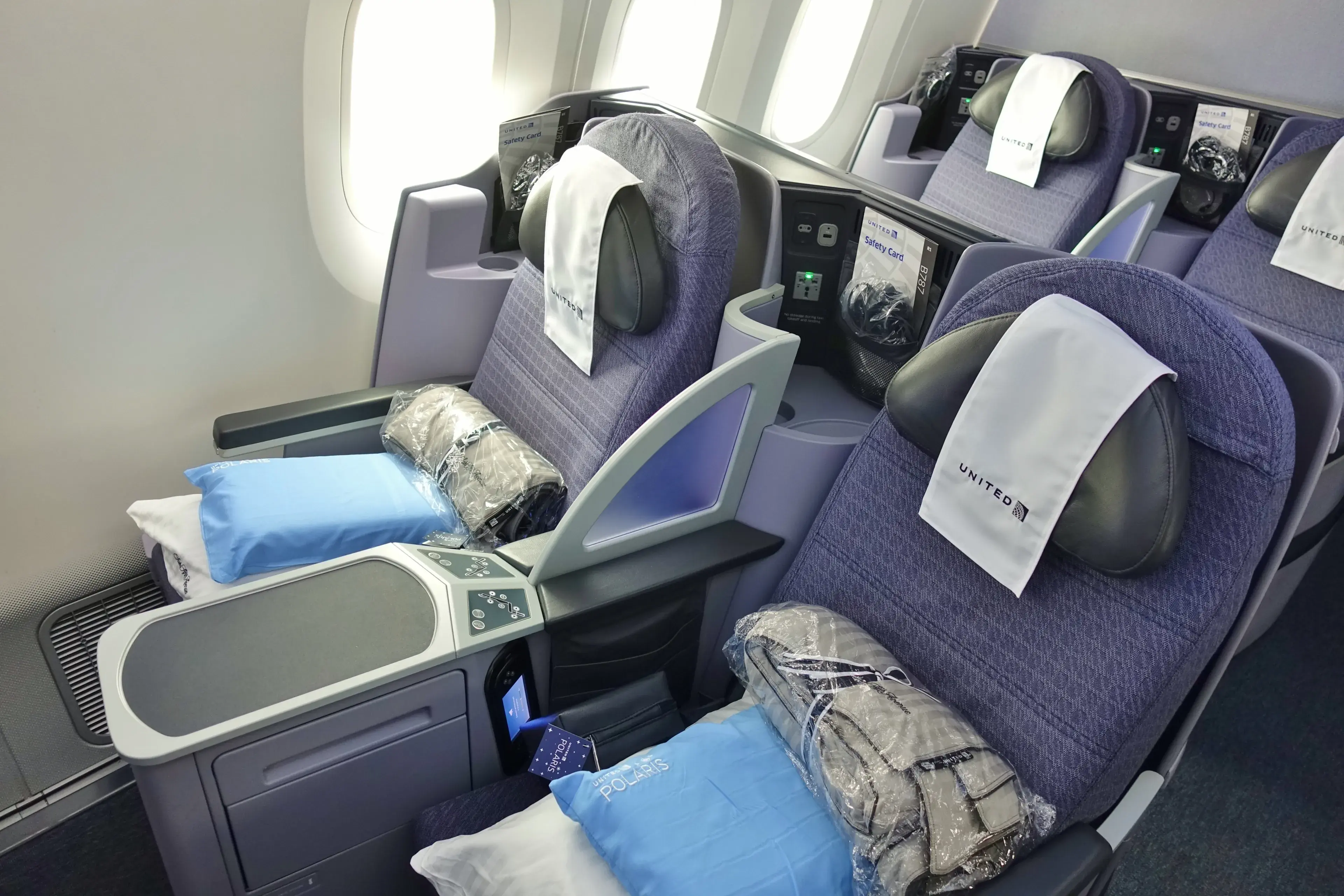
United Airlines threatens mass deplaning over Business Class seat dispute
In a tense incident aboard United Airlines flight 923 from Los Angeles to London on Sunday, passengers reported being threatened with mass removal if three Business Class travelers didn't surrender their seats to crew members. The situation arose due to a malfunction in the onboard crew rest facilities, forcing the airline to seek alternative arrangements for staff rest on the long-haul flight.
According to eyewitness accounts, gate agents informed passengers that the crew rest areas were inoperational due to a technical issue that maintenance personnel had failed to resolve. This problem posed a significant challenge for the airline, as both FAA guidelines and United's flight attendant contract mandate adequate rest for crew members during critical phases of extended flights.
The flight, scheduled to last ten and a half hours, required the airline to secure three Polaris Business Class seats for crew use. Initially, United Airlines offered volunteers $1,500 in travel credits plus 75,000 miles as compensation for giving up their premium seats. However, when no passengers came forward, the situation escalated.
Passengers reported that gate agents then issued what many perceived as a threat: if no one volunteered to move, everyone would be deplaned. One traveler told View from the Wings that this ultimatum "came across as a threat, both in their wording and tone."
Faced with mounting pressure and the prospect of a significant delay, United Airlines increased their offer to $2,500 in travel credits. This improved incentive finally prompted three passengers to volunteer, allowing the flight to proceed. Despite the resolution, the incident caused a 44-minute delay to the flight's departure.
This event highlights the challenges airlines face when balancing crew rest requirements with passenger expectations, especially in premium cabins. It also raises questions about communication strategies and passenger rights in such situations.
Interestingly, this is not the first time United Airlines has faced similar issues. A previous incident on a flight departing from India saw the airline forcing passengers from the first seven rows of business class to move to coach due to weight and balance problems. That situation resulted in passenger outrage and ultimately led to the flight's cancellation when the required changes couldn't be implemented within the allotted time.
These incidents underscore the complex logistics involved in air travel and the potential for last-minute changes to significantly impact both airlines and passengers. They also highlight the importance of clear communication and fair compensation policies when unexpected situations arise.
As airlines continue to navigate the challenges of long-haul flights and crew rest requirements, incidents like these serve as a reminder of the delicate balance between operational needs and customer satisfaction in the aviation industry.

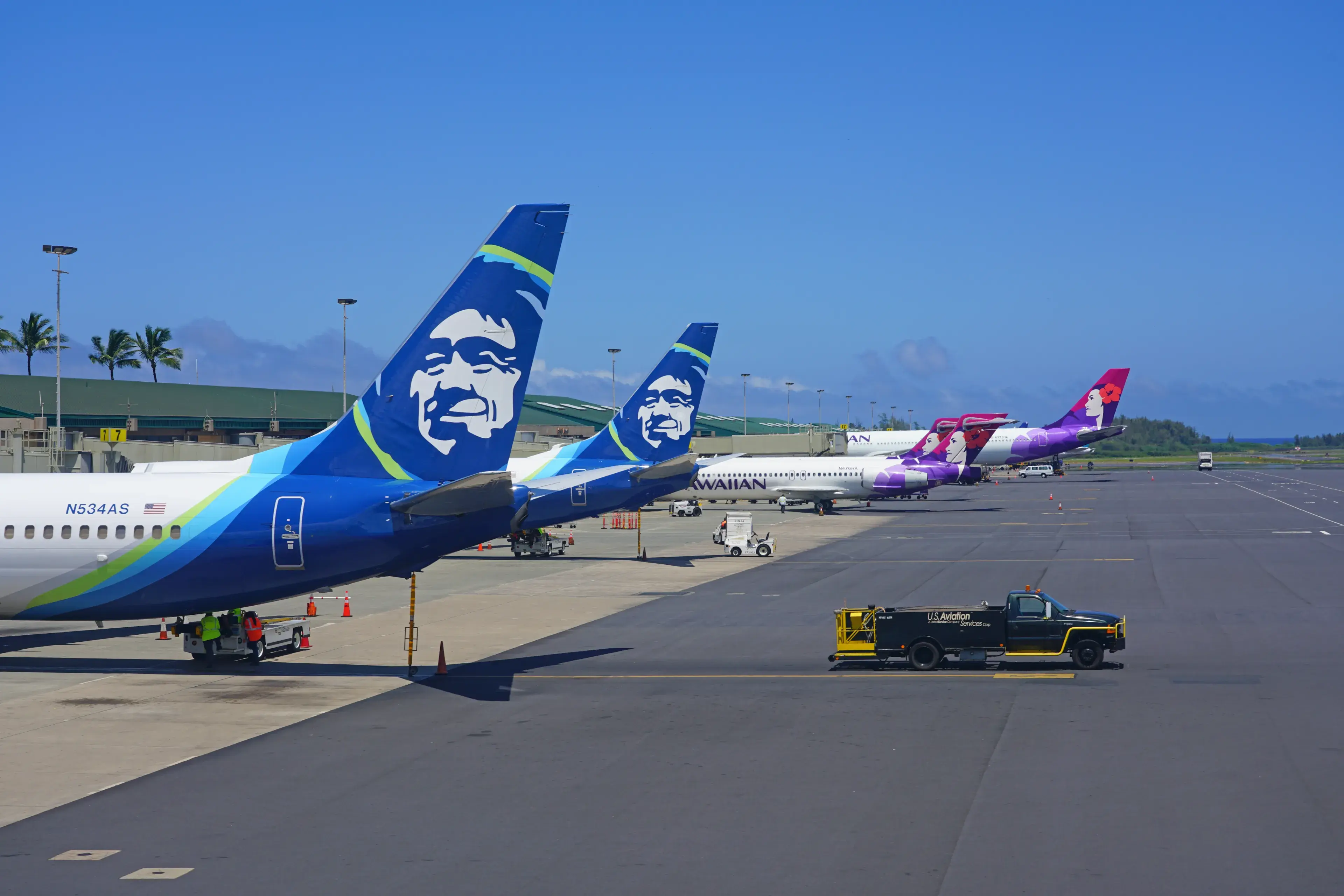
Airline News
Aloha Meets the Last Frontier: Alaska Airlines' Acquisition of Hawaiian Airlines Promises a New Era for Pacific Travel
September 18, 2024

Airline News
Spirit Airlines Faces Bankruptcy Threat as Airline Industry Turbulence Intensifies
October 4, 2024
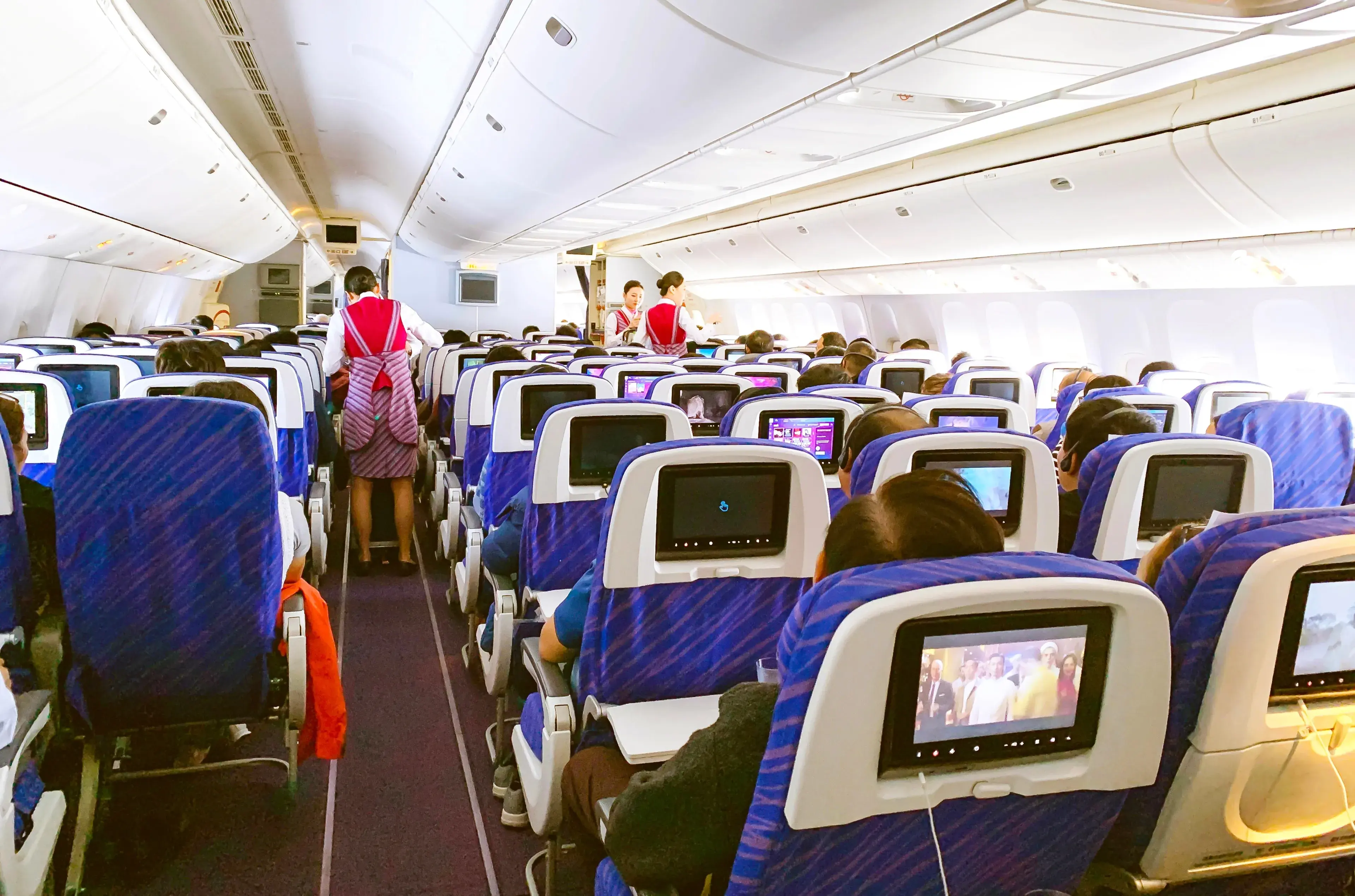
Airline News
China's Skyward Surge: 700 Million Flights in 2024?! The Shocking Truth Behind Asia's Travel Boom
August 14, 2024

Airline News
Global Alarm: Nine Nations Warn Citizens as UK Plunges into Far-Right Chaos
August 9, 2024

Airline News
The U.S. State Department Issues Travel Warning for Bangladesh Amid Political Turmoil
August 6, 2024

